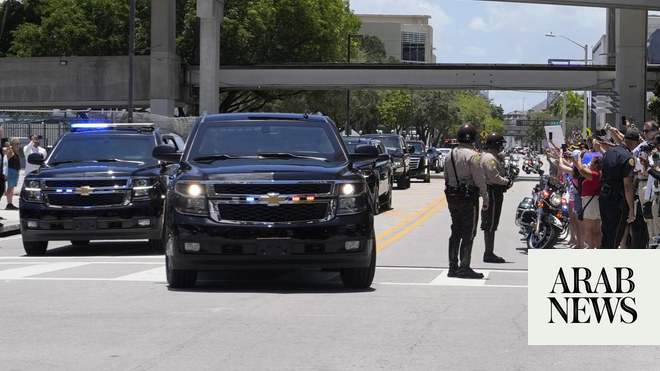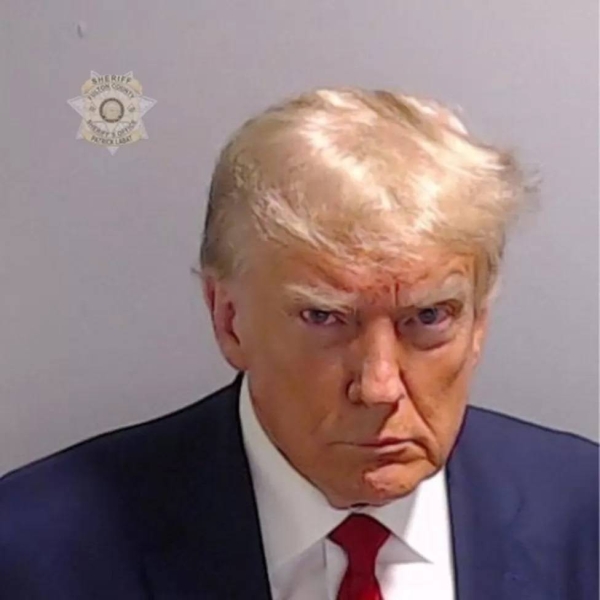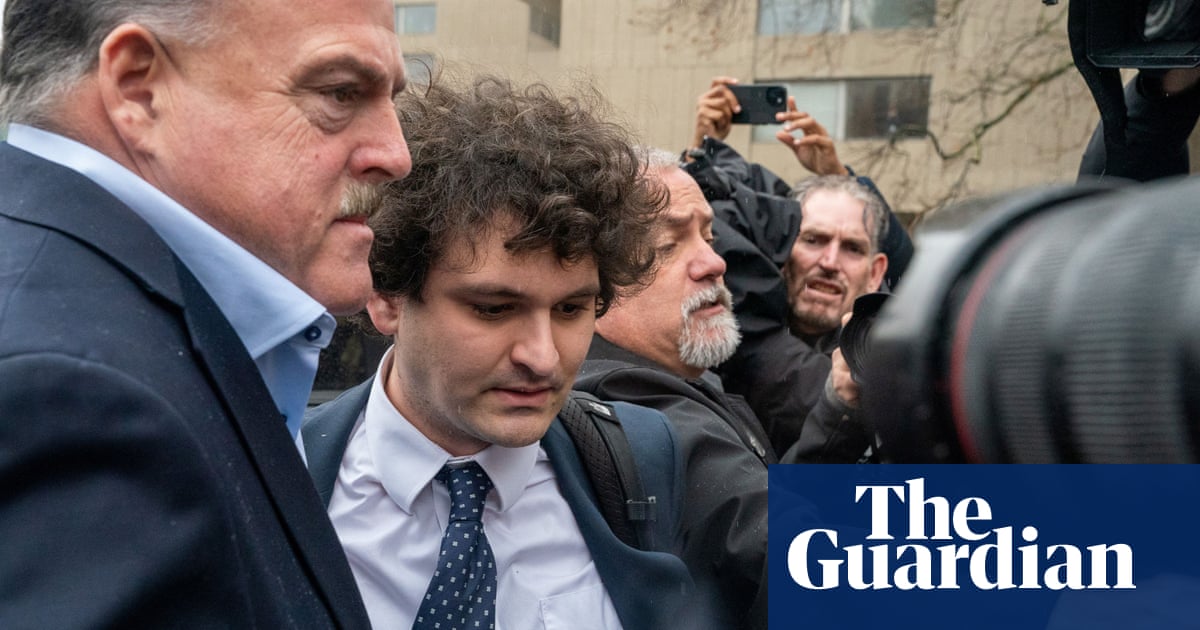
Ghislaine Maxwell appeared in Manhattan federal court via video feed on Tuesday, to plead not guilty regarding her alleged involvement in Jeffrey Epstein’s sex trafficking of minor girls.
She was denied bail and will remain in custody, following lengthy arguments in which prosecutors painted her as a flight risk. The court also heard testimony from accusers. One, in an anonymous statement read to the court, described “the sociopathic manner in which [Maxwell] nurtured our [relationships]” and said that “she would have done anything to get what she wanted, to satisfy Mr Epstein”.
Long out of the public eye, Maxwell, 58, appeared unsettled, a far cry from the glamorous, jet-setting image she once cultivated. She removed her glasses and mostly looked at the screen. At times, she shook her head.
Maxwell was arrested on 2 July at a Bradford, New Hampshire, estate. She is charged in a 17-page indictment with conspiracy to entice minors to travel to engage in illegal sex acts, enticement of a minor to travel to engage in illegal sex acts, conspiracy to transport minors with intent to engage in criminal sexual activity, transportation of a minor with intent to engage in criminal sexual activity, and perjury.
If convicted, Maxwell faces up to 35 years in federal prison.
“Ms Maxwell,” Judge Alison Nathan asked, “have you had an opportunity to discuss the indictment in this case with your attorney?”
Maxwell said she had and waived a public reading of the indictment. Asked how she pleaded, she said: “Not guilty, your honor.”
The court video feed featured four panels, one showing Maxwell, one her defense team, one the judge and one prosecutors. Audio cut out continually and the judge told Maxwell to inform her if the audio feed didn’t work.
“Thank you, your honor, I will do that,” Maxwell said.
Prosecutors read a statement from one of Maxwell’s accusers, identified as Jane Doe. Maxwell, the statement said, “enjoyed drawing her victims in with perceived caring”. The same accuser also described Maxwell’s “sociopathic manner”.
Another accuser, Annie Farmer, spoke to the court by phone. Maxwell “tormented her survivors”, she said.
Maxwell has repeatedly denied wrongdoing. Her lawyers have said she “vigorously denies the charges” and is “entitled to the presumption of innocence”.
But in court papers, prosecutors insisted she posed an “extreme risk of flight” owing to her vast wealth and background. Maxwell is a citizen of France, the UK and the US, possessing passports for all three countries. France, prosecutors noted, “does not extradite its citizens to the United States pursuant to French law”.
Maxwell, they further claimed, “appears to be skilled at living in hiding”. When FBI agents arrived at the “remote” 156-acre property, she “tried to flee” and agents discovered a “cellphone wrapped in tin foil” which they maintain was “a seemingly misguided effort to evade detection … by law enforcement”.
Prosecutors also said they learned Maxwell “had hired a security company staffed with former members of the British military to guard [her] at the New Hampshire property, in rotations”.
“There are no conditions of bail that would assure the defendant’s presence in court proceedings in this case,” they wrote. “Accordingly, any application for bail should be denied.”
In court, pointing to such “serious red flags”, the US attorney Alison Moe claimed Maxwell was not being forthright about her finances, having claimed a “monthly income of nothing, zero dollars per month of income”.
“It is simply implausible,” Moe said, “especially given the lifestyle she’s been living. It just doesn’t make sense.”
Maxwell also told pre-trial services she “does not know the name of the corporation” that purchased the New Hampshire property, “but … was just permitted to stay in the house”.
A real estate agent involved in the property’s sale in November 2019, meanwhile, told an FBI agent two people seeking to buy it, who apparently introduced themselves as Scott and Janet Marshall, “both had British accents”. The man said he was “retired from the British military and currently working on a book”. The woman said she was a journalist.
The court audio was unclear, and the authorities later clarified that the pseudonym was Jen Marshall. The woman who introduced herself as Jen Marshall was in fact Ghislaine Maxwell, Moe said.
Maxwell’s lawyers had contended that Covid-19 presented a danger to Maxwell and limits her legal defense. They insisted that she was not a flight risk, and said she had remained out of public view to avoid the media following Epstein’s arrest last July. Epstein killed himself in federal jail last August.
In court, one of Maxwell’s lawyers, Marc Cohen, repeated his argument that she should be released – claiming prosecutors had overplayed the circumstances surrounding Maxwell’s arrest.
When the FBI came to Maxwell’s home, he said, she was wearing pyjamas. There was one security guard at the house.
“The front door was unlocked,” Cohen said. “The windows were open.”
They were asking the judge to release Maxwell on a $5m personal recognizance bond co-signed by six financially responsible individuals, backed by property in the UK worth more than $3.75m.
Maxwell’s legal team also proposed limiting her travel to the New York City region, turning in all her passports and requiring home confinement in New York City with GPS monitoring.
It was revealed in court that Maxwell had asked to be on house arrest in a “luxury hotel” in Manhattan.
Denying bail, the judge ruled Maxwell “a risk of flight” and said “no combination of conditions could reasonably assure” her return to court.
Maxwell’s trial was scheduled for 12 July 2021. It is expected to take about two weeks.












